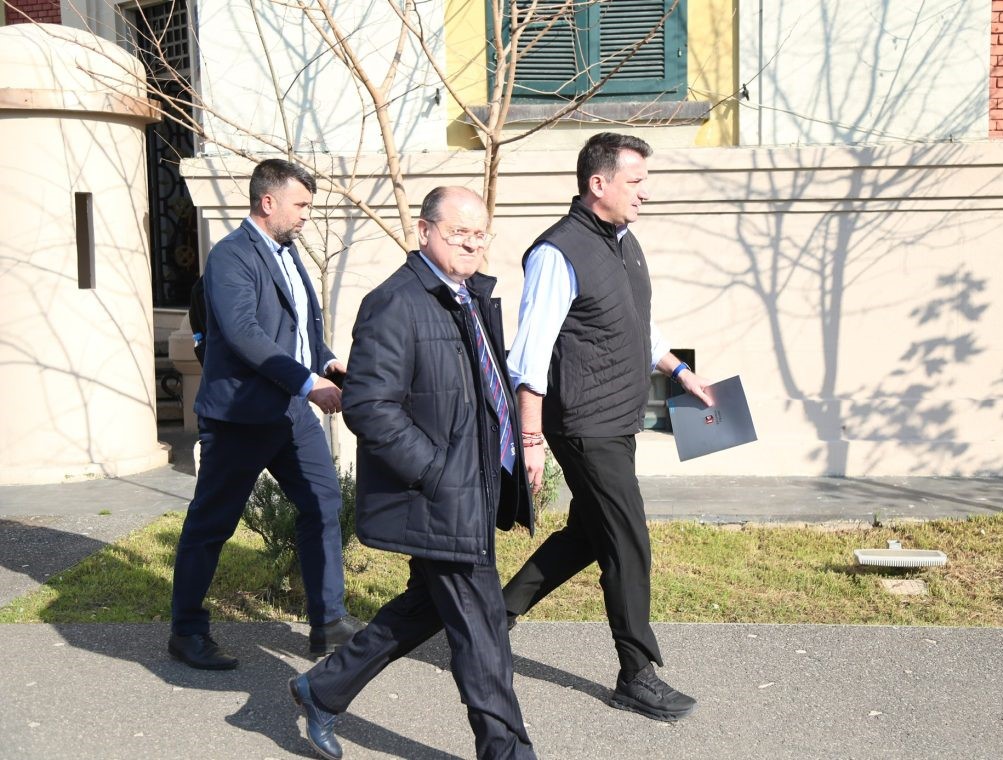Tirana Mayor’s arrest sparks controversy and accusations of political bias against SPAK

Erion Veliaj, the Mayor of Tirana and a top figure in Albania’s Socialist Party (SP), was arrested on Monday on charges of passive corruption and money laundering. The arrest, just weeks before the campaign for the May 11 elections begins, has caused a political storm. Veliaj plays a key role in the campaign in Tirana which produces the largest number of MPs. Many analysts and politicians are publicly uttering their suspicions that the Special Structure Against Corruption and Organized Crime (SPAK) or segments thereof, are clearly trying to undermine the Socialist Party and assist the opposition.
Why is this important: Veliaj’s arrest occurs just weeks before the campaign for the May 11 elections begins, sparking accusations of political interference by SPAK. Veliaj, who leads the Socialist Party’s Tirana campaign, has been a frequent target of political rivals. The timing has raised concerns about SPAK’s impartiality, with critics pointing out inconsistencies in its handling of high-profile cases. Just weeks earlier, the house arrest against opposition leader Sali Berisha was lifted, allowing him to participate fully in the elections. Many believe Veliaj’s arrest is a politically motivated move aimed at disrupting the Socialist Party’s campaign.
Context: SPAK claims that Veliaj is implicated in nine cases of passive corruption and money laundering, involving irregular activities linked to a cultural foundation and a property in Qerret. An arrest order was also issued against a businessman, while a house arrest measure was issued against Veliaj’s wife. Five other businessmen face charges of active corruption. Critics, however, point to procedural issues and the sudden expansion of the investigation into Veliaj’s family, questioning the motives behind these actions.
Controversial investigation: The case has attracted enthusiasm on the part of Berisha and Democratic Party supporers, but it has also met with widespread criticism for its scope and methods. SPAK allegedly relied on information from an anonymous and unidentifiable informant to investigate Veliaj’s family. One highly publicized accusation regards a beach villa formally owned by the mayor’s in-laws for many years, since before he even became mayor. The find of children’s toys belonging to the Mayor’s son in the property was used by SPAK to accuse Veliaj of hidden ownership. Additionally, SPAK questioned Veliaj about a flight he took in 2004, prompting concerns about the relevance of decades-old events to the current investigation.
Several weeks ago, Veliaj’s legal team had already denounced these moves as a politically driven “witch hunt,” highlighting serious procedural concerns, including the lack of reasonable suspicion, coercion of witnesses, unlawful searches, and media leaks designed to damage Veliaj’s reputation. Critics argue that these actions undermine the rule of law and risk politicizing judicial institutions.
Political ramifications: SPAK’s recent actions have fueled suspicions among many Socialist supporters and politicians that segments within the institution may be aligning with opposition forces to weaken the Socialist Party. The fact that the timing of Veliaj’s arrest coincided with the opposition’s announcement of hiring Chris LaCivita, a high-profile strategist from Donald Trump’s campaign, was also seen as too much of a coincidence.
What’s next: Veliaj’s legal team is preparing a defense aimed at challenging the legality of SPAK’s investigation. The upcoming court proceedings will likely draw significant public attention, with both domestic and international observers watching closely. SPAK, meanwhile, faces growing pressure to demonstrate that its actions are based on impartial evidence rather than political motivations. The outcome of this case could have lasting implications for Albania’s judicial system and its democratic integrity.


